Download 18 FREE Maritime eBooks
Case Study: Criminalisation Of 87 Indian Seafarer In Indonesia, Rights Available But Denied
“If a ship is detained for operational issues, the issue should be settled with the shipping companies. Why should the seafarers suffer”?
The increasing risks and scapegoating of the seafarers are negatively impacting the willingness of them to work in the shipping industry. The frequent cases of criminalization of seafarers upon a maritime incident are affecting them and hampering the image of the industry.
Despite several Laws and Guidelines made by the different organizations for the fair treatment of these seafarers to preserve their Human Rights still in most of the cases we see them being deprived of their rights.
Below we will discuss a case where 87 Indian seafarers on different Indian Vessels were arrested for about 6 months by the Indonesian Government.
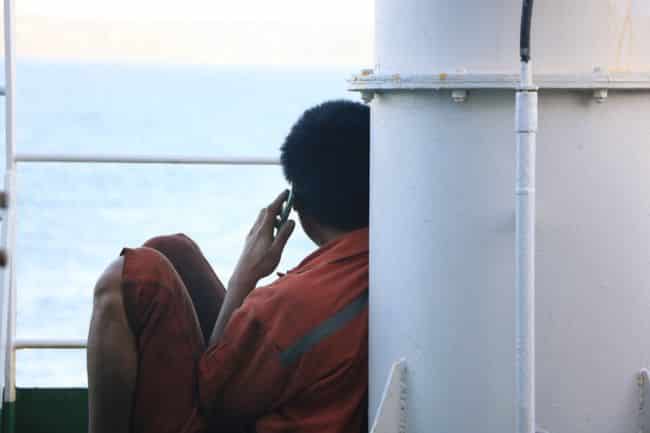
Case Study
Eighty-seven Indian sailors were stuck and suffered hardships on five ships that were detained by Indonesia for “illegal anchoring” in February 2019.
There were 20 Indians on MV Win-Win, which was detained on February 17.
On MT Afra Oak, which was detained on February 12, there were 21 Indian nationals, and another 23 Indians were on MT SG Pegasus detained on February 9.
MT Bliss had 2 Indians, while on MT Agros, detained on February 8, there were 21 Indians.
The sailors were from pan Indian states. The seafarers had their documents ceased and were not allowed to return to India.
Indonesia claims the Straits to be their territory on the dates on which the above-mentioned vessels were arrested. There is a dispute over the said territorial waters between Indonesia, Singapore, and Malaysia which made the release of the ships even more difficult.
On February 19, the Standard Club, a specialist marine and energy insurer issued a web alert on ship detention in the strait. It pointed out the industry advisory issued by the Singapore Shipping Association (SSA) and highlighted several cases where ships anchored in waters around the island of Batam (on the southern side of the strait) and near Bintan (on the eastern side of the strait) were being detained by Indonesian authorities as part of their effort to “combat smuggling”.
MT SG Pegasus dropped its anchor in the outer port limit of Singapore on February 8. It queued up to load cargo and sail out to Australia, which for the past five years the ship has been doing the same thing.
On February 9, 2019, the Indonesian navy took control of the vessel alleging it was anchored in Indonesian waters. The soldiers escorted the ship to Batam port. Two days later, the navy boat circled MT Win-Win six times and entered the ship.
They gave the reason for the arrest that it was in the territorial waters of Indonesia. But on the British Admiralty chart, used for sailing, the place was marked as international waters. The Indonesian naval officers took the ship at gunpoint and brought it to Batam.
The Seafarers in an interview revealed that there were five vessels that were let off after they “managed” the navy officers. It was told by one of the seafarers that they were asked to pay $250 to lower their lifeboat.
The conditions of the seafarers had been degrading and the vessel was used as a floating prison for them. A third officer from Kerala stranded on MT Bliss pleaded that he be allowed to return as his father had passed away on April 9. He also added that his wife was pregnant and the due date was in the first week of June. His mother was also unwell. They had medical emergencies and needed treatment. He was denied.
Rights available but Denied-
After studying the case it can be said that many rights are available to the seafarers but denied by the arresting authorities. There are various rights and guidelines issued by the IMO 2006 Guidelines; UNCLOS (Art. 27, 217, 220, 223,226, 231, etc; European Convention on Human Rights; International Transport Workers Federation (ITF) etc.
These must be followed at any cost to preserve the Human Rights of the seafarers upon arrest.
Concerning the above case, we shall now discuss the following rights which were available to the seafarers which were denied.
Deprivation of contact to the family-
- They were not allowed to meet their families, and they couldn’t see any signs of returning.
- The IMO Guidelines on fair treatment of seafarers in the event of a maritime accident (hereby the IMO Guideline) gives the seafarers the right to contact their family members upon arrest. It states “The arresting state must make arrangements to ensure that all seafarers detained are provided with the means to communicate privately with all of the following parties: – family members; – welfare organizations; – the shipowner; – trade unions; – the Embassy or Consulate of the flag State and their country of residence or nationality; and – legal representatives.
Denial of legal assistance-
- The seafarers informed that they didn’t get proper legal assistance from the port state. They were denied the independent legal assistance to represent them in the court.
- The IMO Guidelines state “ the port state must ensure that seafarers are, where necessary, provided interpretation services, and are advised of their right to independent legal advice, are provided access to independent legal advice, are advised of their right not to incriminate themselves and their right to remain silent, and, in the case of seafarers who have been taken into custody, ensure that independent legal advice is provided;
Denial of proper medical facilities-
- One seafarer complained of having dental issues which made him impossible to eat solid food. Another seafarer told that he has been diagnosed with uncontrolled diabetes and needs to get treated but both of them were not granted proper medical facilities and were not permitted to repatriate to their home country.
- The IMO Guidelines states that the seafarer must be at all costs taken care of his medical conditions and must be provided with the treatment.
Denial of enough food and water facilities-
The seafarers complained that they didn’t get a proper living condition on the detained vessel.
The IMO Guidelines state that on every condition the arresting state must take care of the food, water, and other necessities of the seafarers.
Denial to contact the home state-
The seafarers told that they couldn’t establish a proper communication channel with the home state for help and receive the guidance and updates on their case. They were left alone in a dilemma and wonder about the progress of their case waiting at the vessel for an unknown amount of time.
The IMO Guidelines state that “the home state The seafarer State should: cooperate and communicate with all substantially interested States, shipowners, and seafarers, and take steps to provide seafarers’ representative organizations with access to seafarers.
Unethical way of conducting the investigation-
It was reported by one of the seafarers that the navy officers were doing corruption and charging money for the boat to be released. They allowed ships to go away whose owners paid the amount asked by the navy officers which amounted to an unethical method of conducting an investigation.
This act of the officers of the port state was unethical, immoral, and against the IMO Guideline. It states “The port or coastal State should: take steps so that any investigation they conduct to determine the cause of a maritime accident that occurs within their jurisdiction is conducted fairly and expeditiously.
Lack of transparency on case proceeding- One of the arrested seafarers told that they didn’t know when the courts will consider their case. The navy did not even file a case in connection with the detention of MT Win-Win and Afra Oak. They said that in their 25 years’ experience as a seafarer, they never had a ship been detained by the government for so long.
The IMO Guideline states that “ the costal/arresting state must ensure that seafarers are, where necessary, provided interpretation services, and are advised of their right to independent legal advice, are provided access to independent legal advice, are advised of their right not to incriminate themselves and their right to remain silent, and, in the case of seafarers who have been taken into custody, ensure that independent legal advice is provided.
Conclusion
Seafarers are the backbone of the global supply chain. It is the duty of each of the players involved in the industry to formulate enough assistance so that in such cases they do not feel alone.
The industry needs to win back the trust of the seafarers and increase their willingness to work for the industry. This will happen only if we create an environment such that it provides the seafarer confidence and trust that upon any maritime incident they would not be treated as a criminal.
The countries must strictly follow the guidelines on the fair treatment of the seafarer to improve the present condition.
The views expressed by:
Rishabh Srivastava, 4th Year Law Student, Ramaiah Institute of Legal Studies Bangalore.
Adv. Rahul Varma (Ex Master Mariner), Founder Ally Maritime And Legal Services.
You may also like to read – Criminalization Of Seafarers Amid COVID-19: Seafarers, Are You Aware Of The Rights Available?
References
thenewsminute.com
timesofindia.indiatimes.com
newindianexpress.com
www.imo.org
Disclaimer :
The information on this website is for general purposes only. While efforts are made to ensure accuracy, we make no warranties of any kind regarding completeness, reliability, or suitability. Any reliance you place on such information is at your own risk. We are not liable for any loss or damage arising from the use of this website.
Disclaimer :
The information on this website is for general purposes only. While efforts are made to ensure accuracy, we make no warranties of any kind regarding completeness, reliability, or suitability. Any reliance you place on such information is at your own risk. We are not liable for any loss or damage arising from the use of this website.
⚓️ Enhance Your Knowledge. Prevent Accidents. Stay Safe at Sea.
1. eBooks for Engine Department
Master machinery operations, troubleshooting, and safety procedures with expertly written guides tailored for marine engineers. Prevent costly breakdowns and onboard accidents through practical knowledge.
👉 Explore Engine Department eBooks
2. eBooks for Deck Department
Sharpen your seamanship, navigation, and cargo-handling skills with real-world case studies and practical insights designed for deck officers and cadets.
👉Discover Deck Department eBooks
3. eBooks on Electrical Fundamentals & Issues
Understand marine electrical systems, identify potential faults, and prevent onboard electrical failures with step-by-step explanations from industry experts.
4. Pocket Guides for Quick Reference
Compact, handy, and loaded with essential checklists—perfect for on-the-go reference during operations and emergencies at sea.
5. Combo Packs to Save Big
Access multiple expert eBooks at discounted prices. Ideal for professionals seeking complete safety and operational knowledge across various ship departments.
6. Digital Maritime Courses – Learn at Your Own Pace
Upgrade your competence with Marine Insight Academy’s online courses. Learn from industry professionals anytime, anywhere, and become a safer, smarter seafarer.
Related Articles
Subscribe To Our Daily Newsletter
By subscribing, you agree to our Privacy Policy and may receive occasional deal communications; you can unsubscribe anytime.

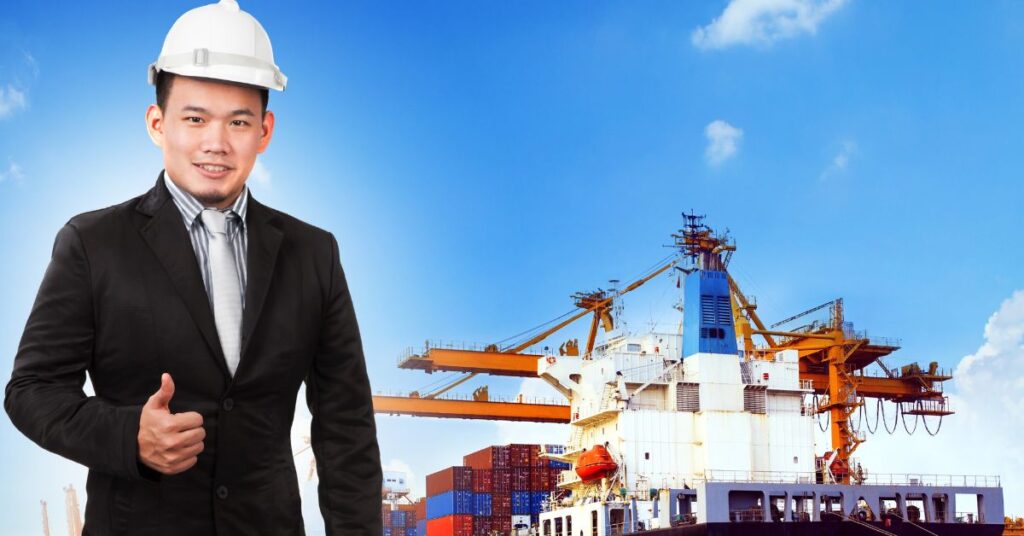
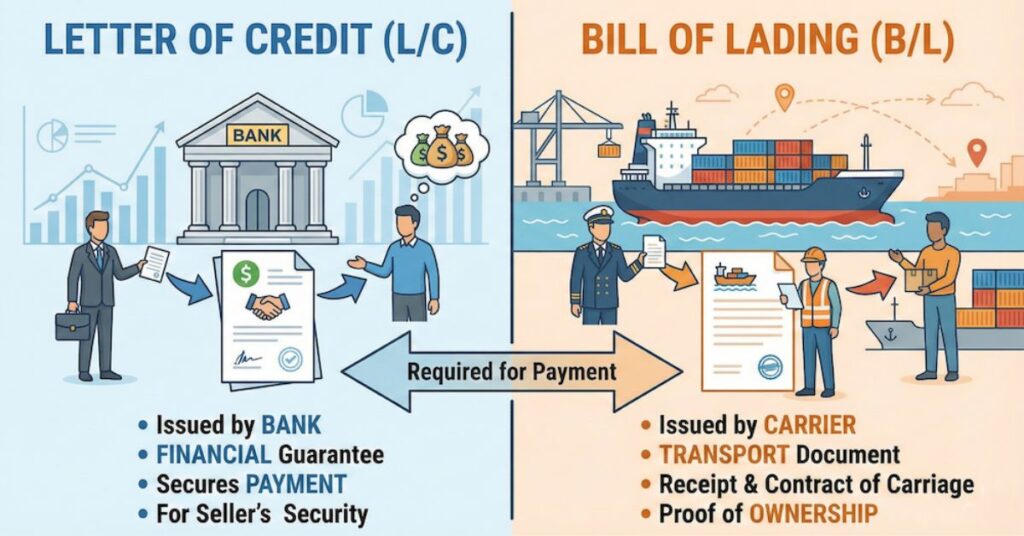

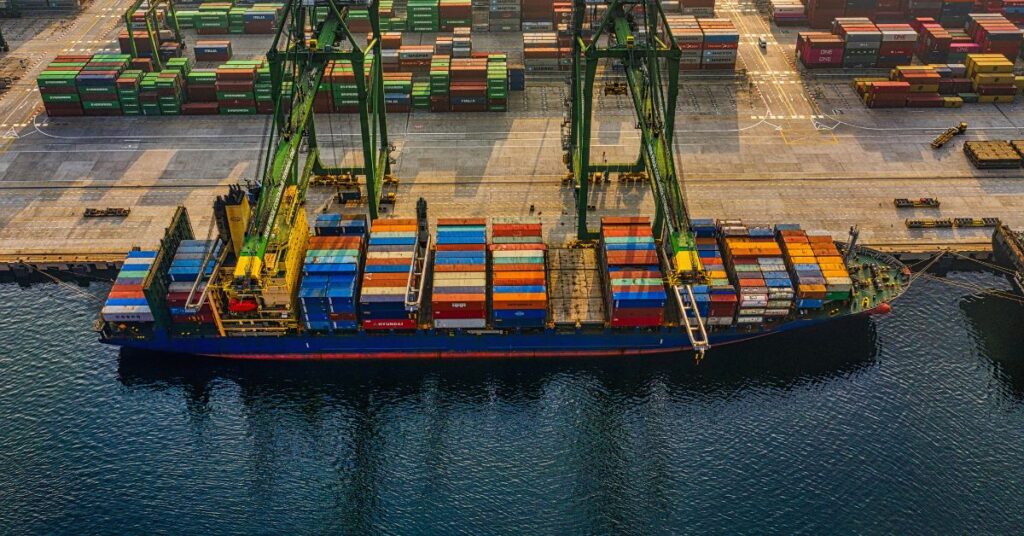
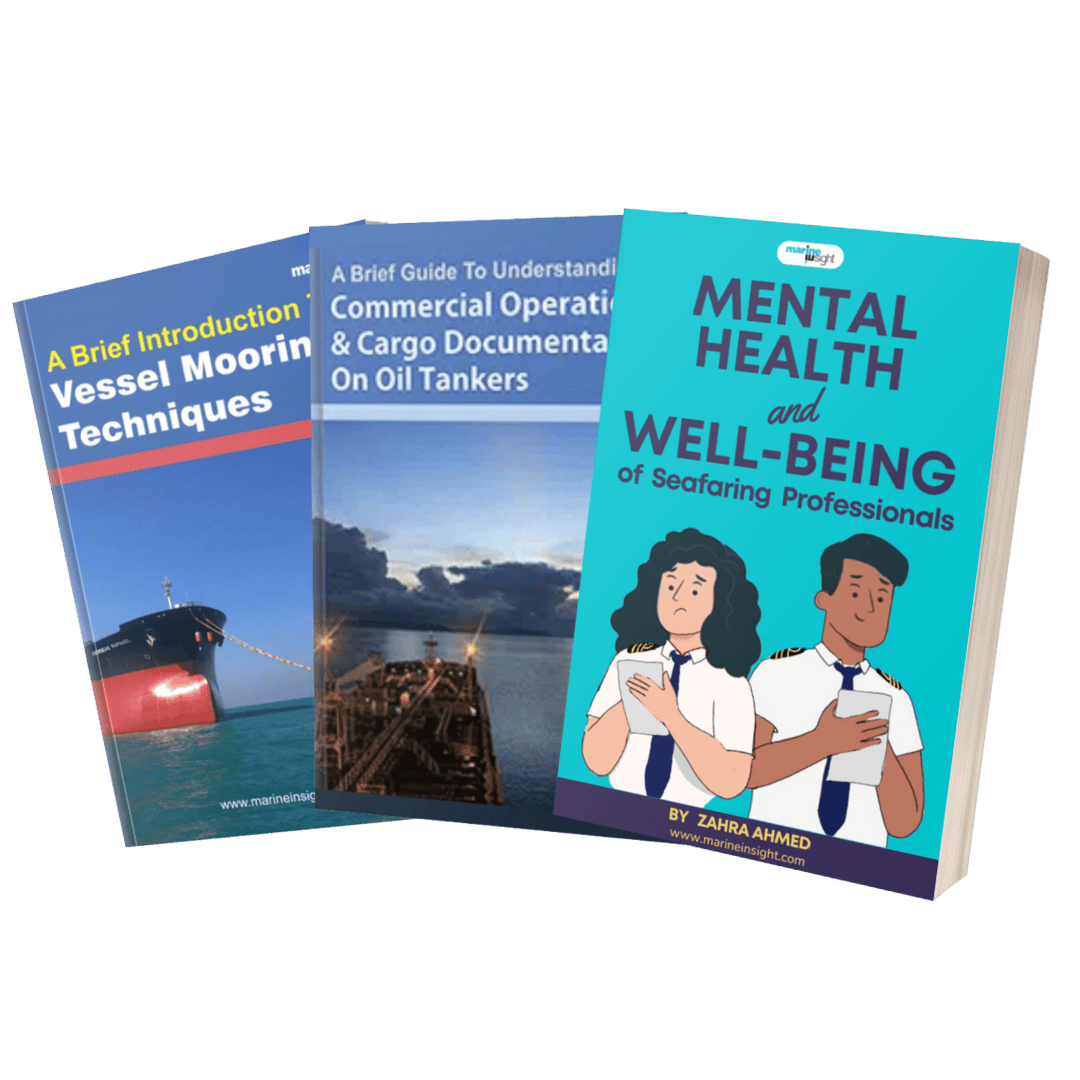
BE THE FIRST TO COMMENT